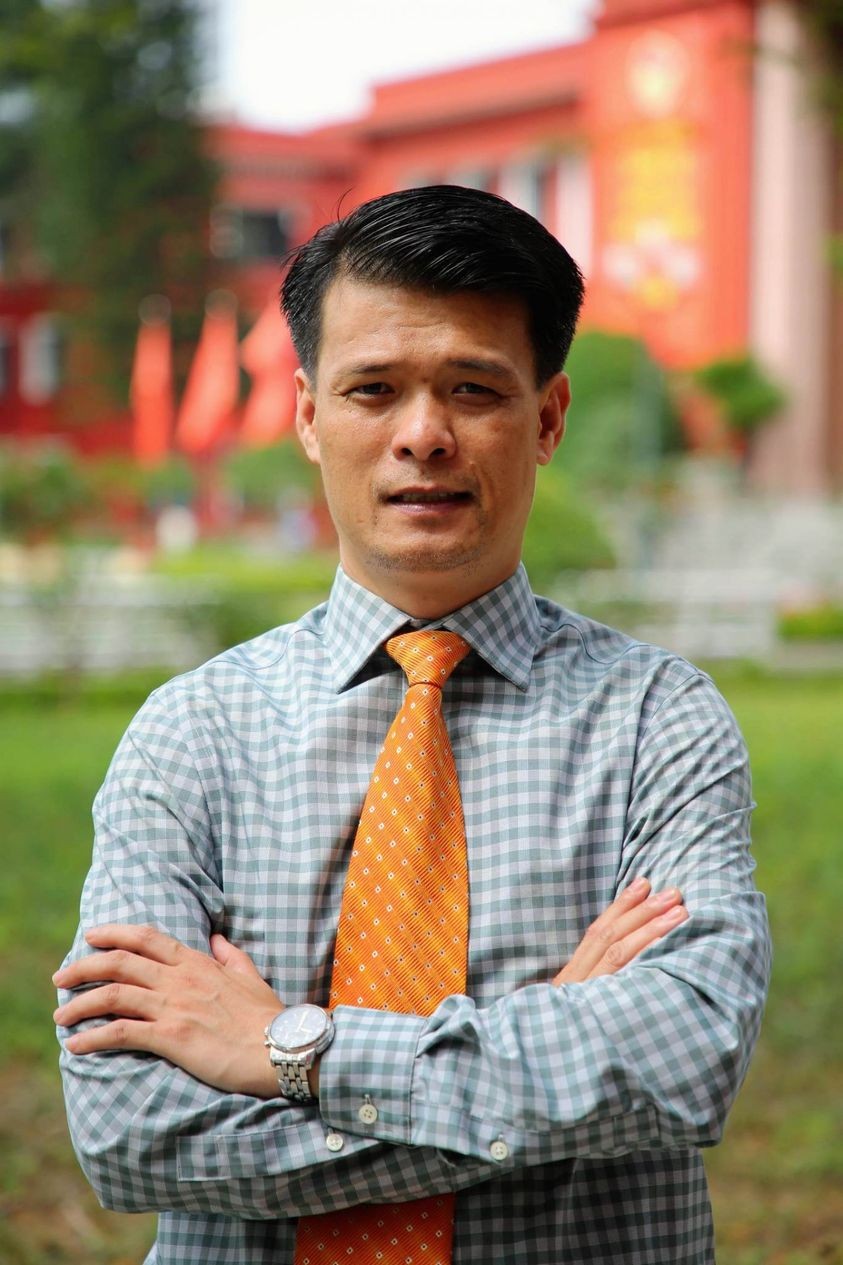 |
| Dr. Nguyen Van Dang believes that everyday images have the ability to inspire, helping leaders accumulate influence on society, also known as 'soft power'. (Photo: NVCC) |
Image of politicians walking on the street
Recently, the domestic public had the opportunity to enjoy sharing images of President Vo Van Thuong leisurely walking, admiring the view of Hoan Kiem Lake and talking with the President of the Republic of Korea, Yoon Suk Yeol. Prime Minister Pham Minh Chinh and Malaysian Prime Minister Anwar Ibrahim strolled around the book street, drank coffee and laughed happily.
Images of our country's senior leaders walking the streets with foreign leaders remind Vietnamese people of previous events when international politicians walked the streets of Hanoi, attracting widespread attention every time they officially visited our country.
The events that left the most echoes were the events of French President Francois Mitterand walking on Hang Bong Street in 1993; US President Bill Clinton visiting the Temple of Literature and Hang Bong Street in 2000; President Barack Obama socializing at a popular bun cha restaurant in 2016; Canadian Prime Minister Justin Trudeau elegantly walking on the street and drinking coffee in 2017. Most recently, in early June 2023, Australian Prime Minister Anthony Albanese sat down to drink refreshing draft beer.
Politicians walking around the streets and engaging in popular activities are images that break the traditional norms in East Asian politics like ours. In the minds of many people, mandarins of the past or leaders of today are often associated with a dignified, serious, and normative demeanor.
Up to now, field trips of leaders in our country are often associated with the image of well-organized working delegations, with schedules, locations, and contact subjects all carefully prepared, taking place closely down to the minute.
Recently, in some localities, there have been leaders who have gone “undercover”, unexpectedly surveyed the lives of the people, organized coffee sessions with businessmen… but there have not been any natural, open moments, creating a widespread wave of inspiration, along with new and positive messages.
East Asian political culture emphasizes hierarchy and discipline, so people often keep their distance and are quite reserved when interacting with high-ranking government officials. International politicians walking around the streets when visiting our country is a different image from what many people think and imagine.
The institutional framework for selecting leaders also helps shape the relationship between leaders and the people. In countries such as the United States, Australia, Canada, South Korea, and recently Cambodia, selecting leaders through elections is an open process that requires a great deal of interaction with voters. Therefore, it is understandable that leaders are open and willing to “go to the streets” to communicate with the people.
From a sociological perspective, the positive interest of a segment of the population in the image of politicians walking on the streets may reflect an expectation in the social community. In particular, it is very possible that a segment of the population in our country, especially the youth, is also hoping that in the near future, there will be more open and closer leaders to the people, who will quickly establish their image and have a strong appeal to the people from a young age.
Building soft power
The leadership role requires individuals to have the ability to orient and lead others to realize the leadership vision set by themselves or the leadership team. Therefore, from the perspective of power, ordinary images that have the ability to inspire a large number of people will help leaders accumulate influence on society, also known as soft power. It is the ability of an individual to create attraction for others, spread influence and persuade others, thereby gathering support for their leadership ideas.
Human history shows that in any stage of social development, if leaders want to achieve sustainable success, they must create attraction, trust and persuasion, which depends largely on soft power. In our country, President Ho Chi Minh is a successful example of the ability to create and maintain soft power through ordinary activities.
The positive inspirations with the image of politicians walking on the streets in recent times suggest that, in the current period, a wise leader, at any level, public or private sector, cannot ignore the creation of soft power for himself. In other words, a modern leader will not keep his distance and let the people's psychology be wary. Instead, they need to be aware of the importance of interacting with the community, being sociable, and spreading influence among the majority of people.
This means that leadership in modern society cannot only be based on the coercion of hard power, which is associated with organizational structure and the possession of material resources, but also requires the awareness of cultivating soft power through the image, prestige and influence of the leader on the social level. The flexible combination of soft power and hard power will help the leader gain "smart power", increasing the possibility of success in leadership activities.
To have “soft power”, individual leaders must first demonstrate that they represent progressive values, which are expected by their subordinates and the general public. Along with that, leaders must also be people who strictly adhere to common standards in the organization and society. They must be “positive role models”, both in terms of communication style, lifestyle, work style, as well as adherence to behavioral standards in interpersonal relationships.
In fact, every leader will create soft power when people think of them, they immediately think of the positive values that they share and are pursuing. When leaders have soft power, they become positive role models, spreading inspiration to others, encouraging self-awareness to follow and follow. Thanks to that, leaders will have a much easier time gathering support for efforts to realize their leadership vision.
Politicians walking around the streets may be just a “sideshow” in the schedule of welcoming foreign leaders to our country. However, we can also expect that such “sideshows” that are new and create positive effects will be able to promote changes towards modernity in the working style of leaders at all levels in our country.
Source



![[Photo] Closing of the 11th Conference of the 13th Central Committee of the Communist Party of Vietnam](https://vstatic.vietnam.vn/vietnam/resource/IMAGE/2025/4/12/114b57fe6e9b4814a5ddfacf6dfe5b7f)

![[Photo] Overcoming all difficulties, speeding up construction progress of Hoa Binh Hydropower Plant Expansion Project](https://vstatic.vietnam.vn/vietnam/resource/IMAGE/2025/4/12/bff04b551e98484c84d74c8faa3526e0)


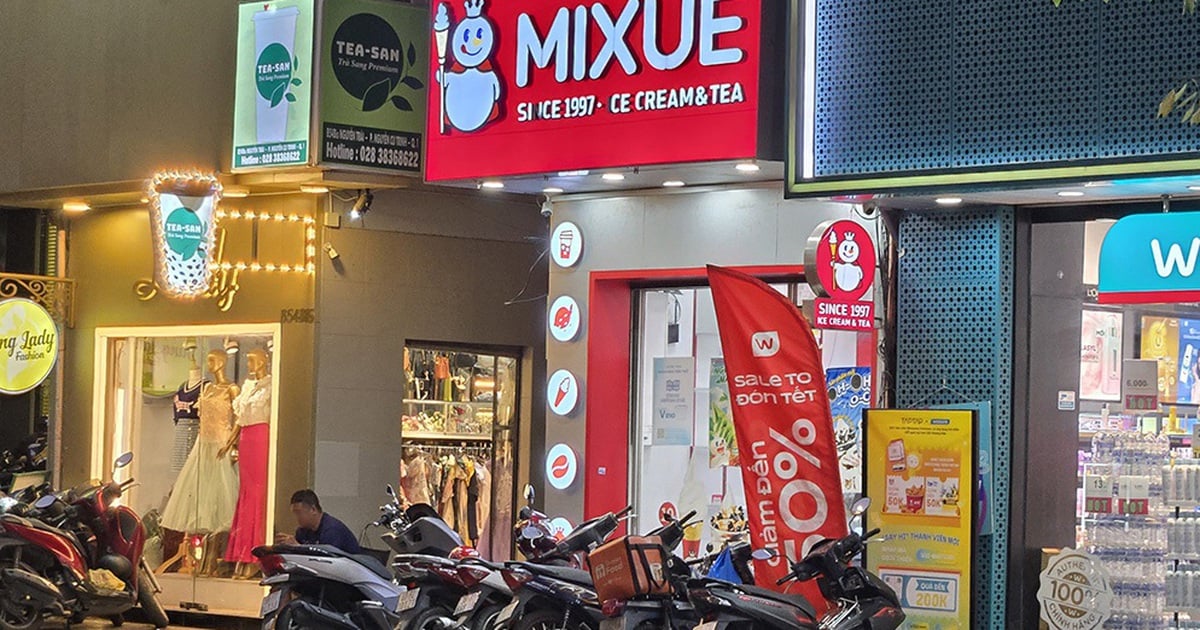

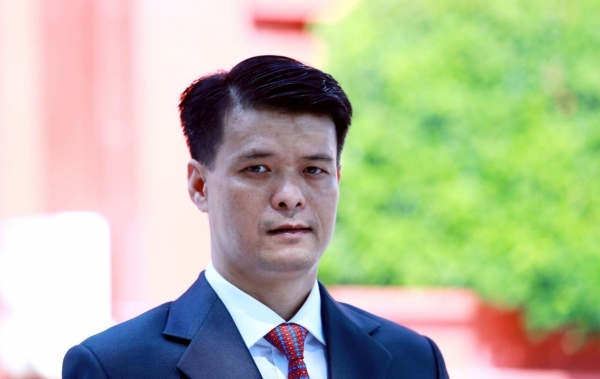
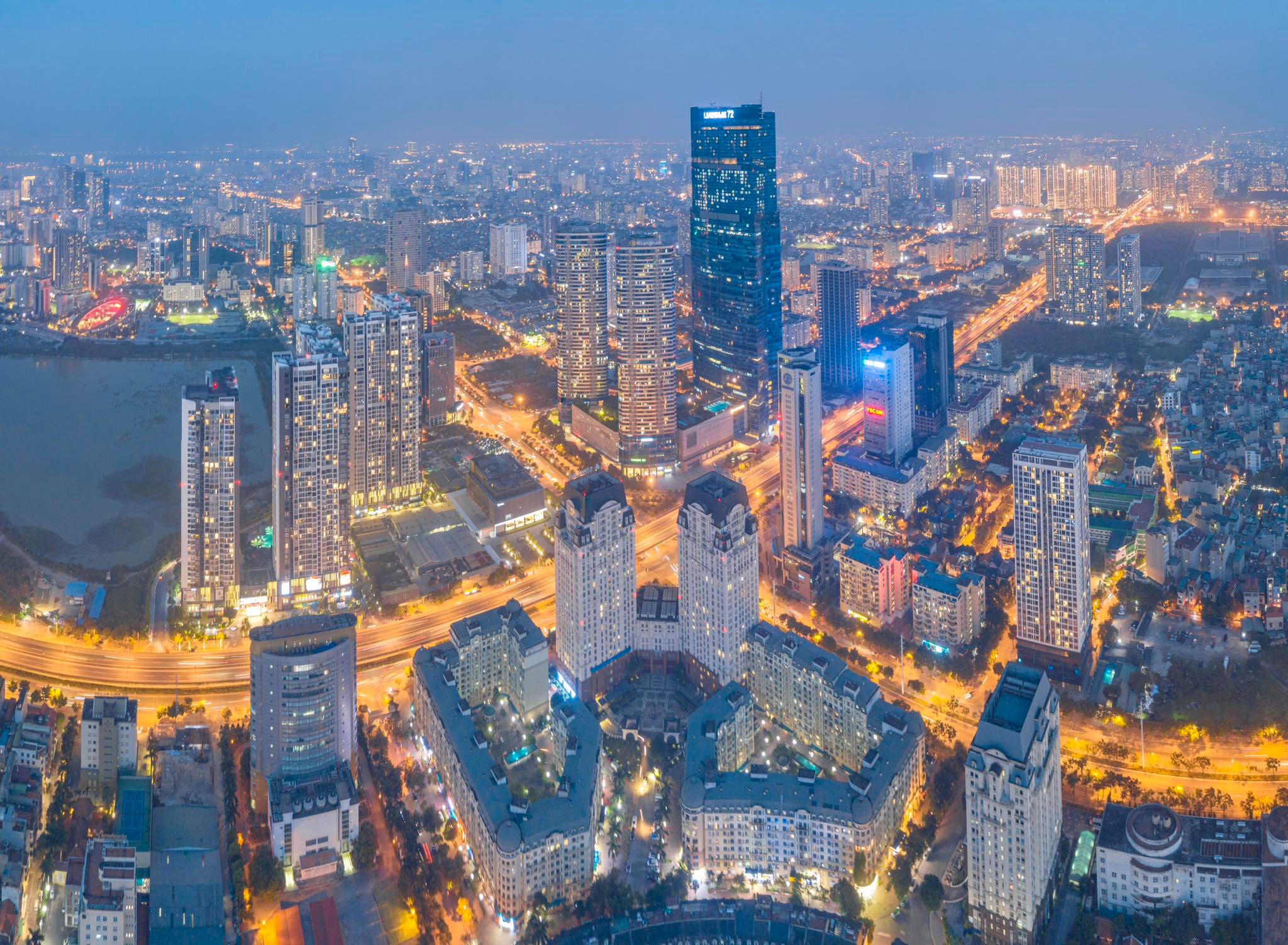

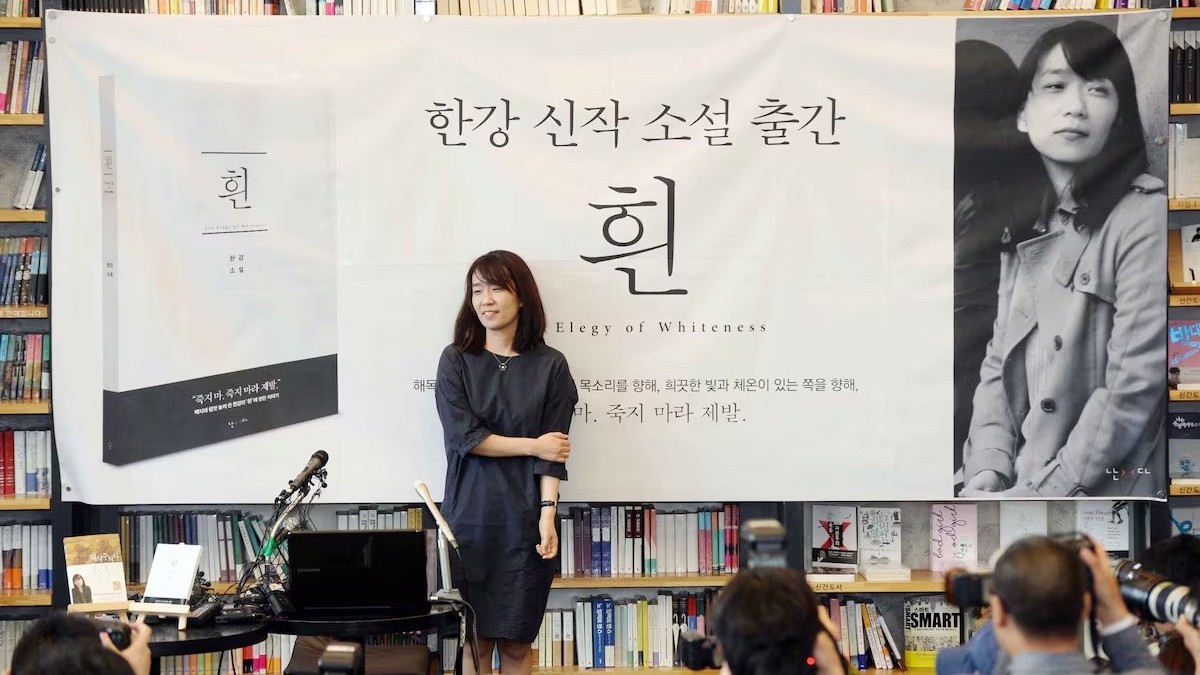
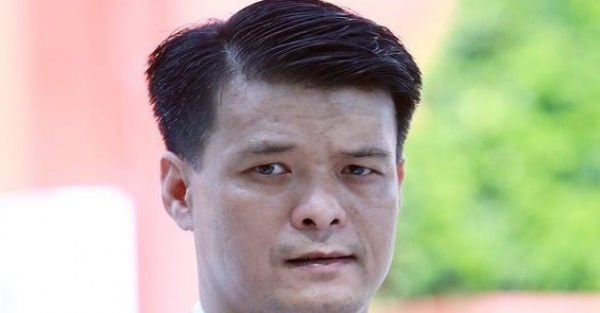
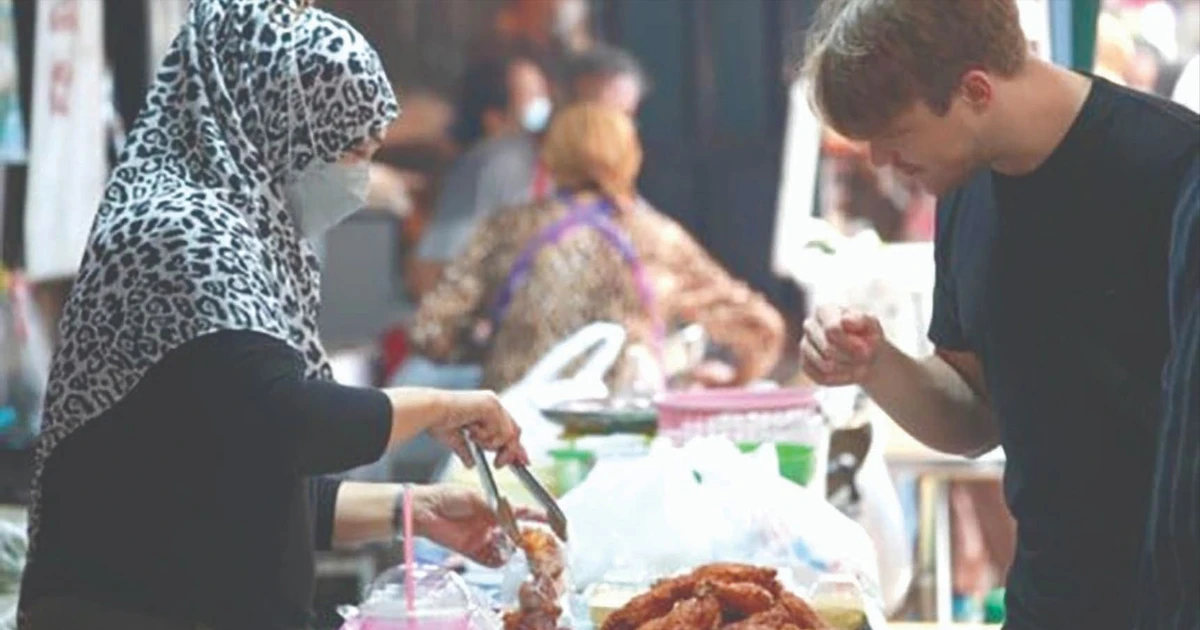

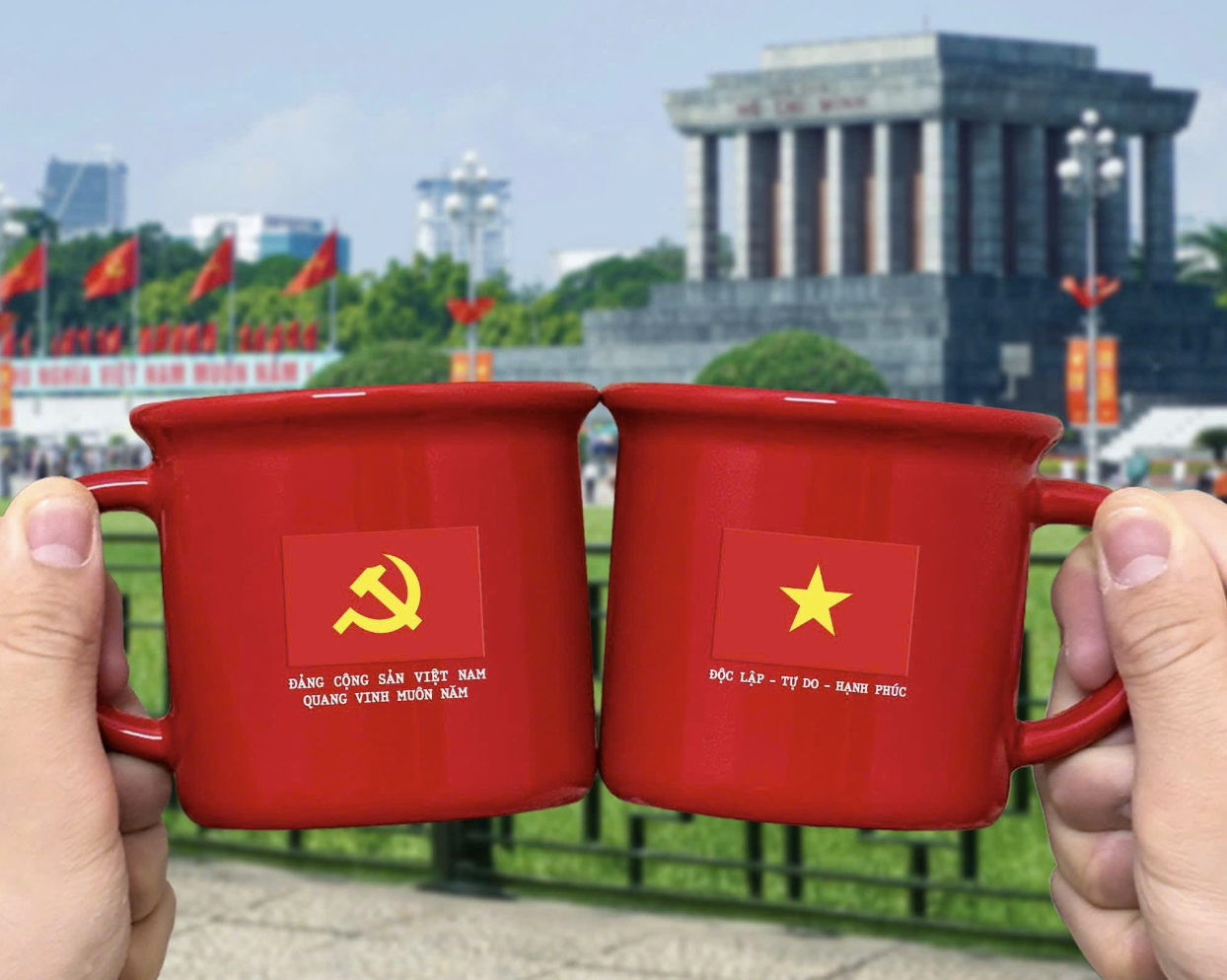
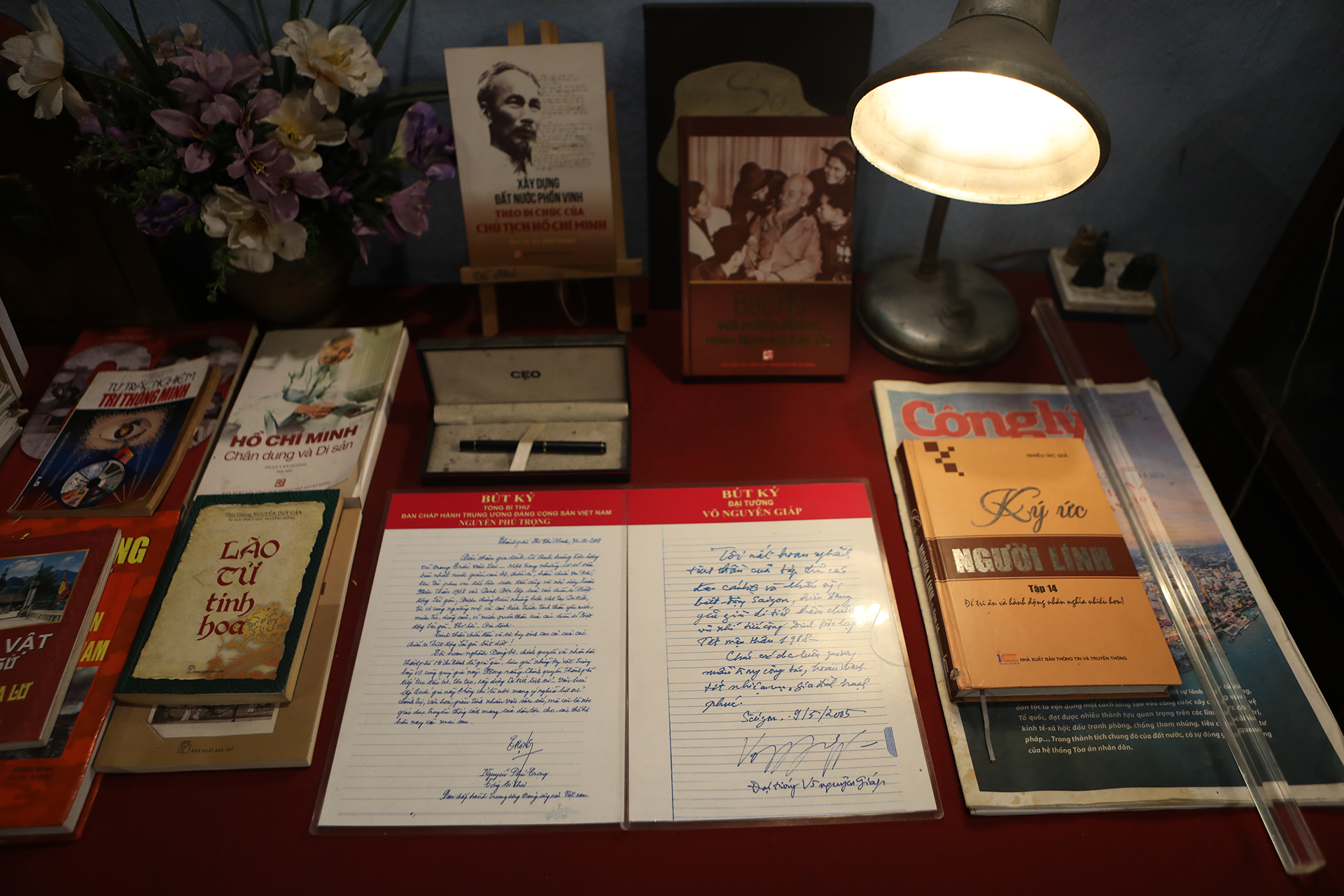
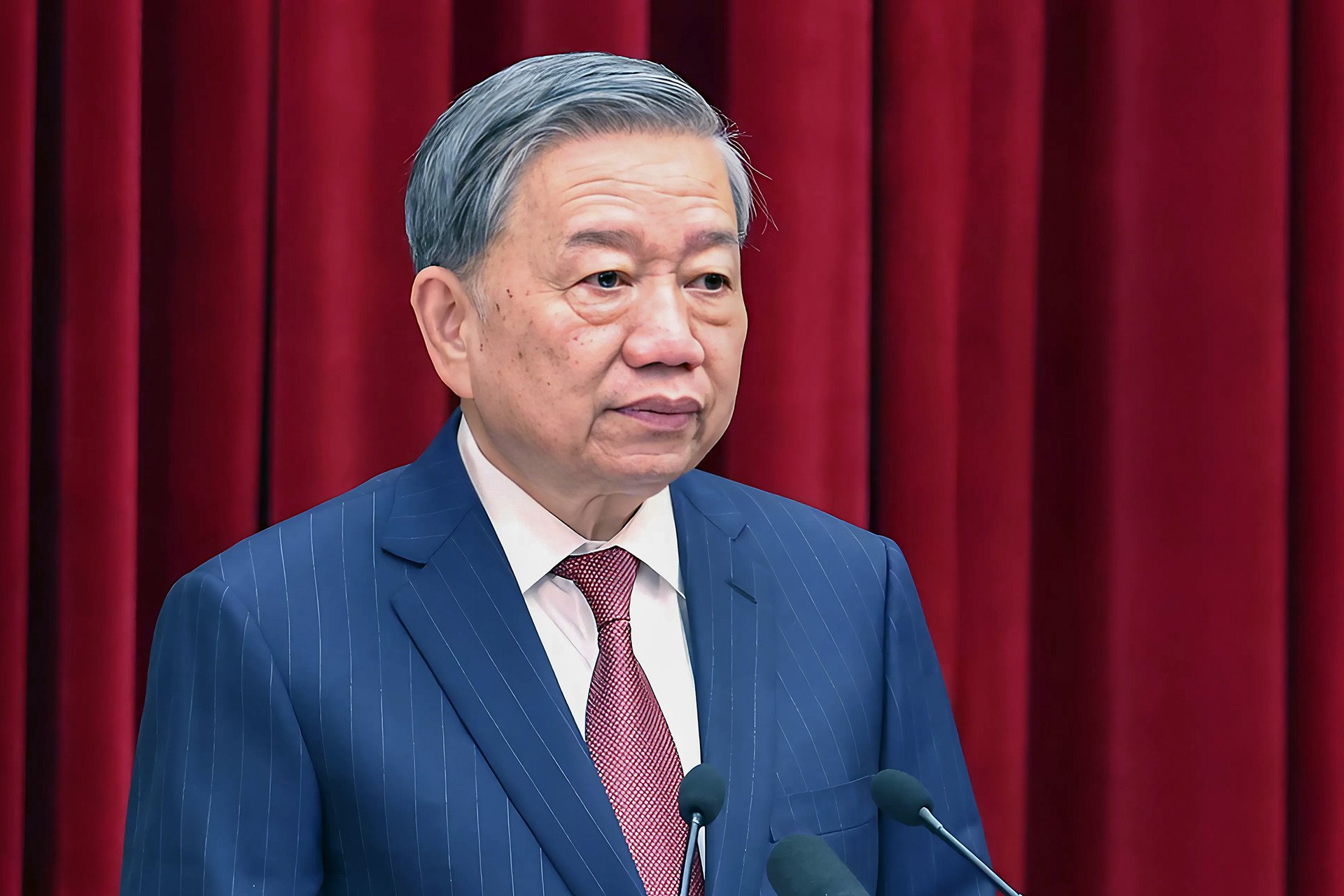
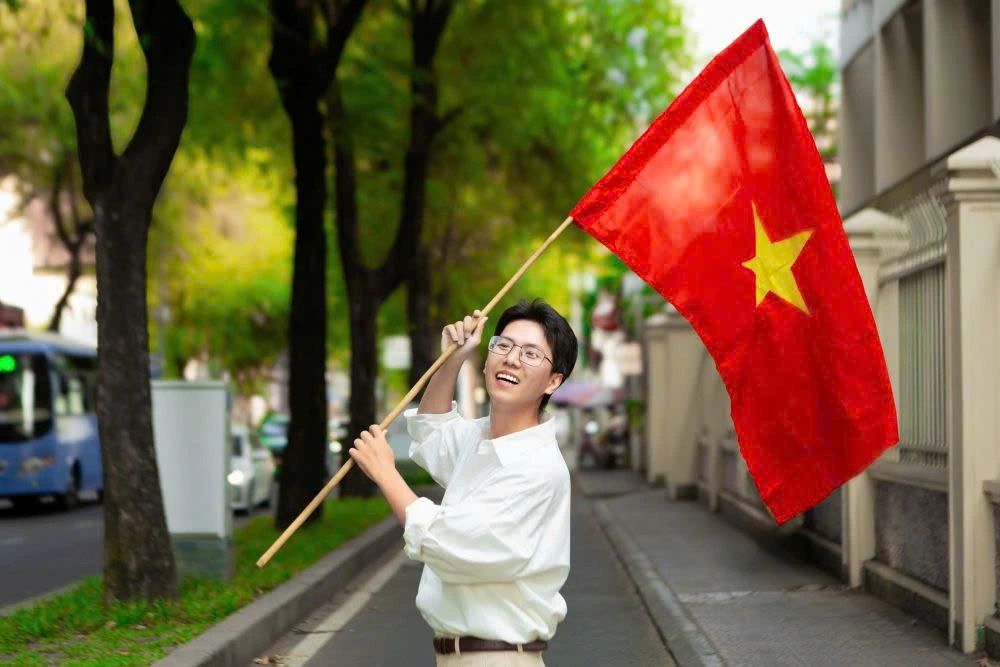
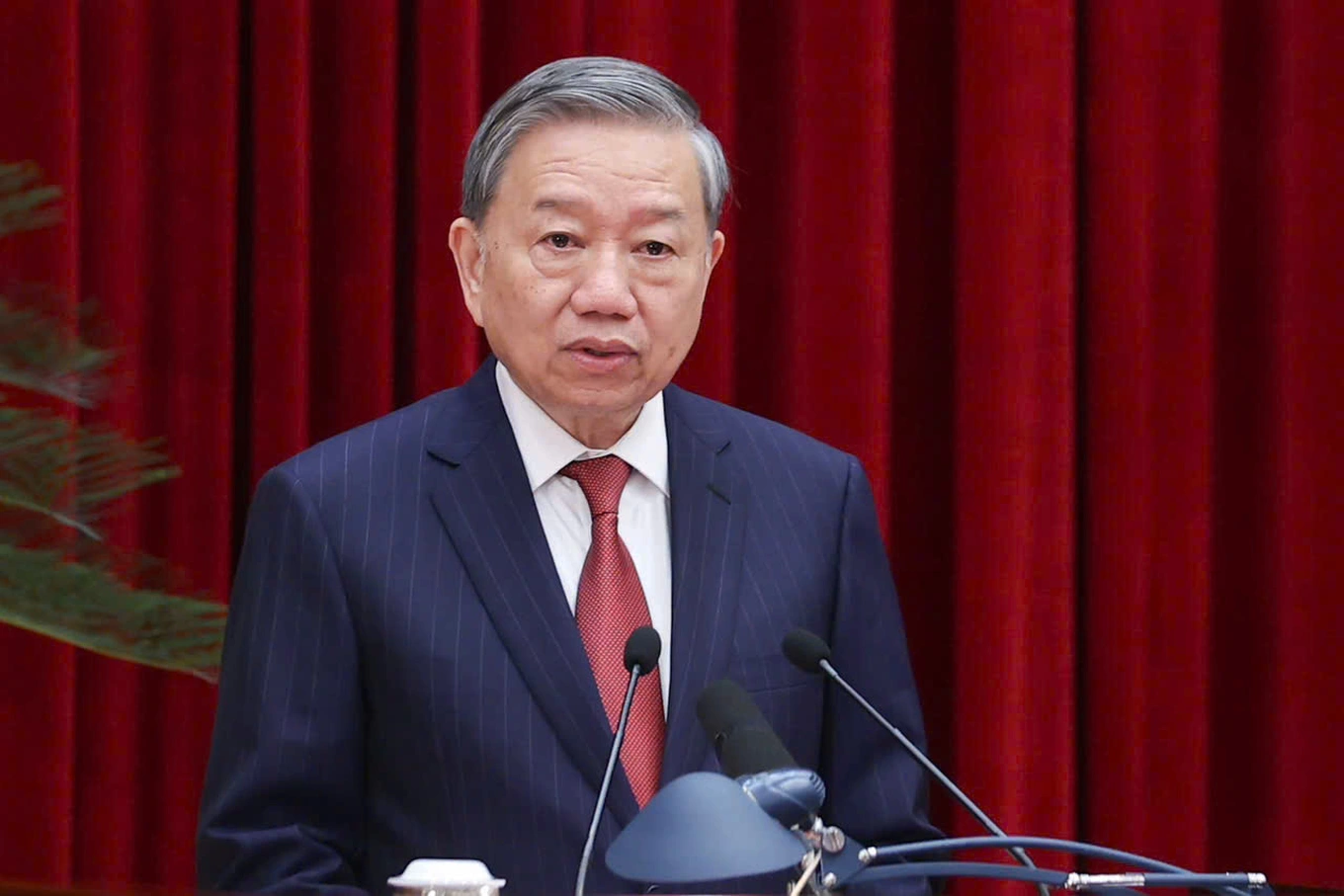
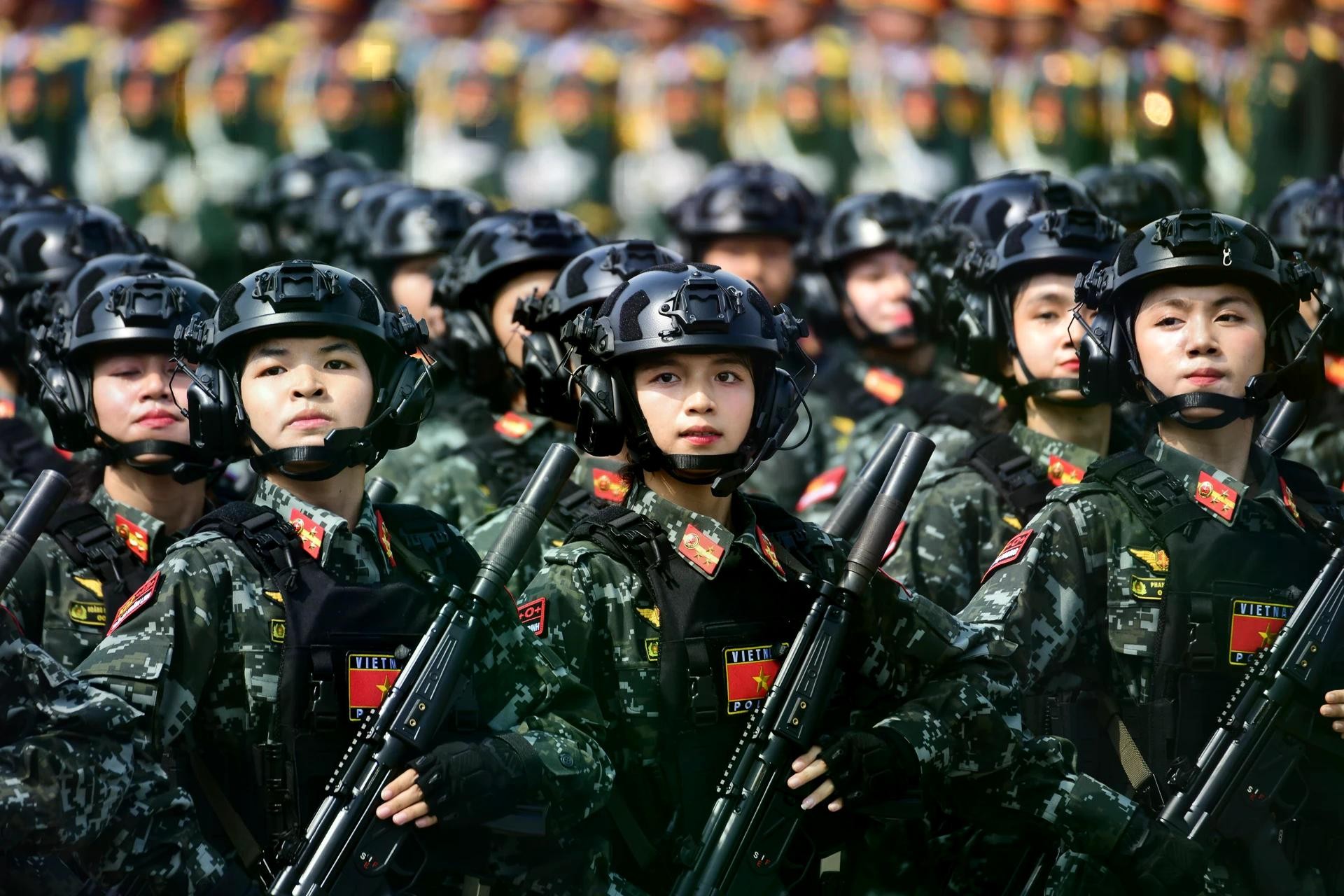



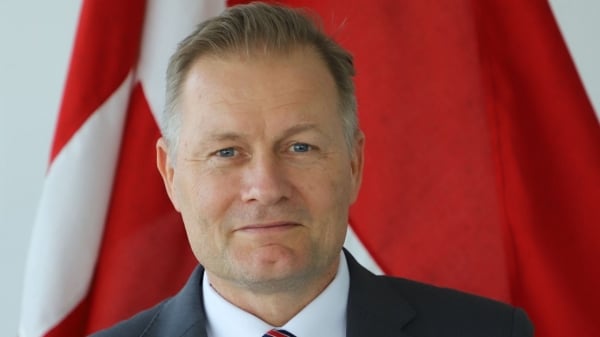
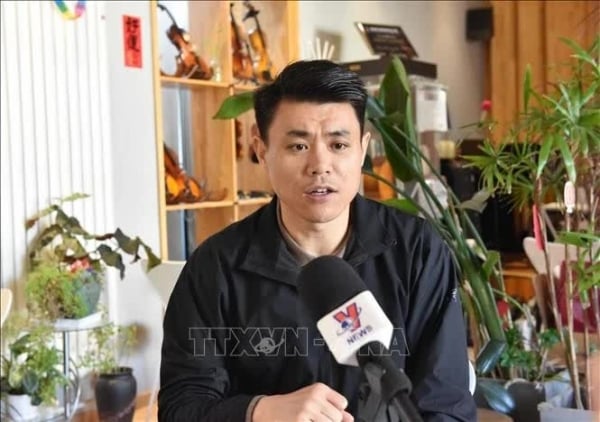
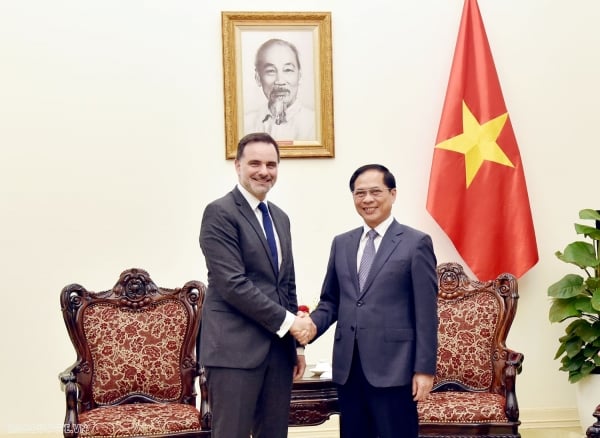
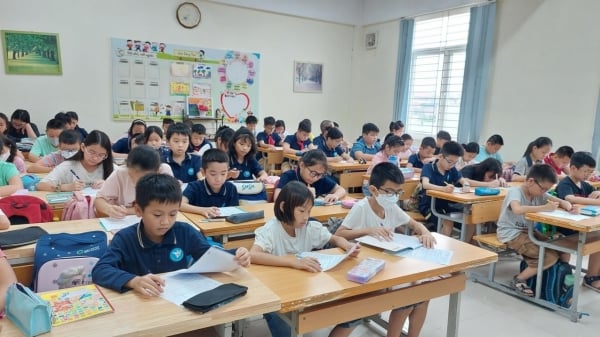
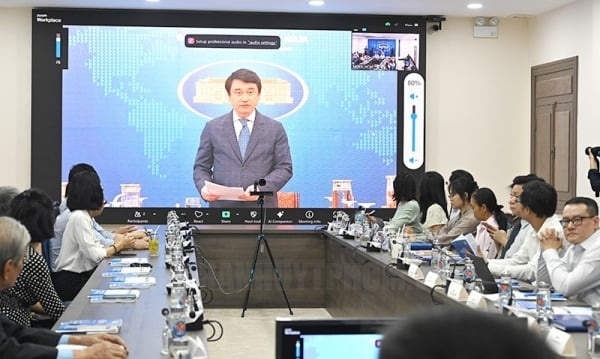














































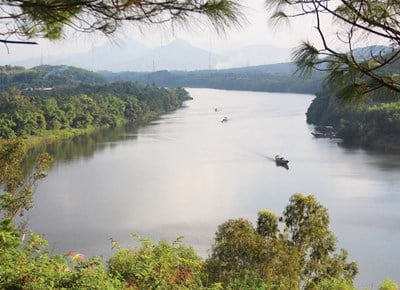
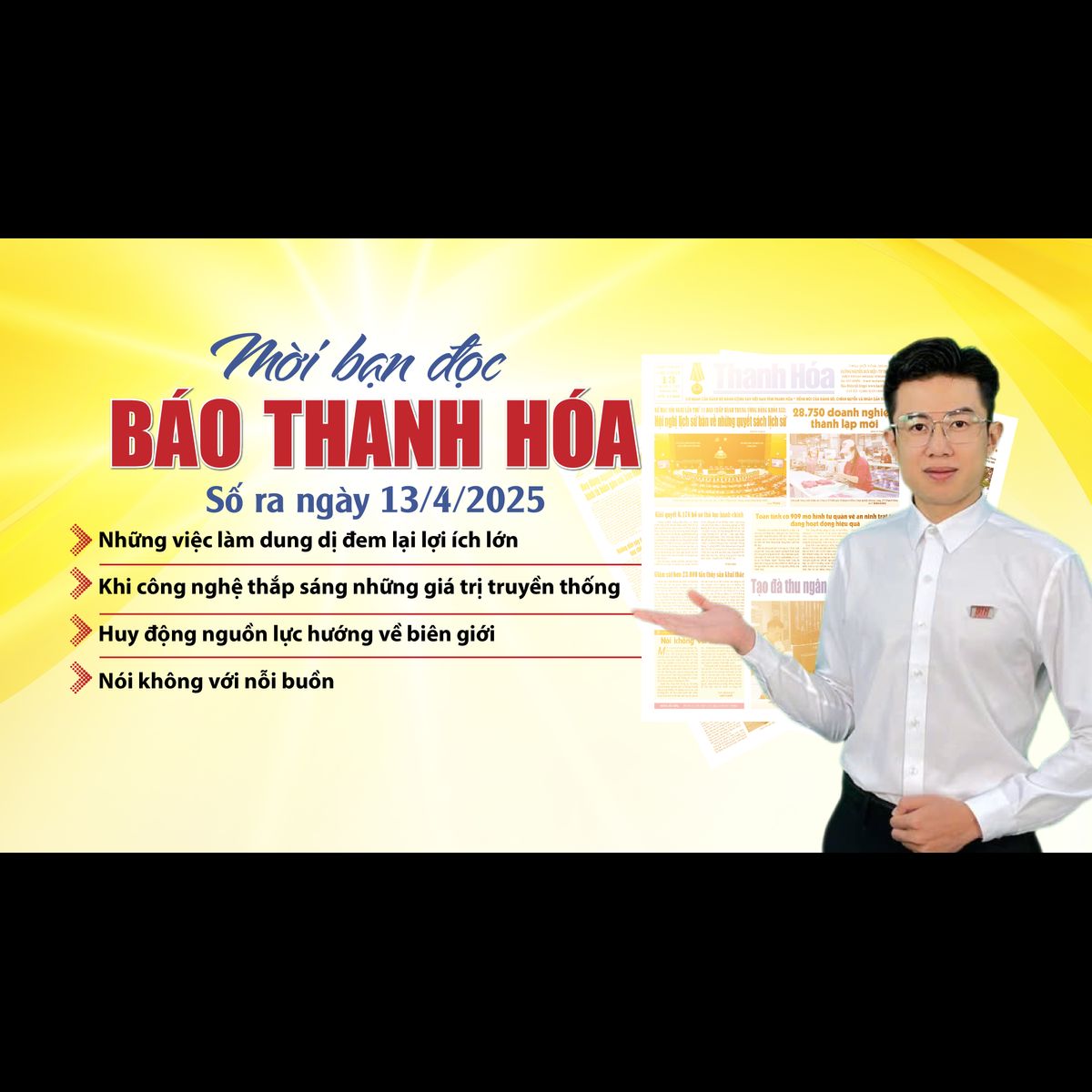


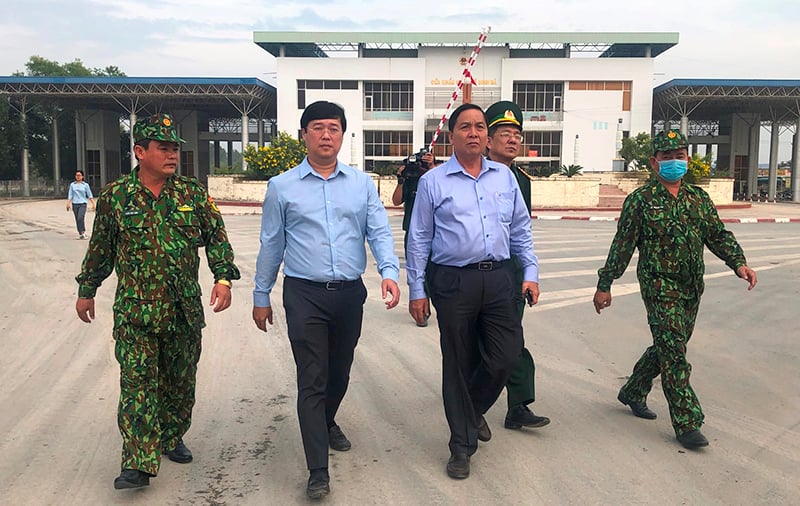
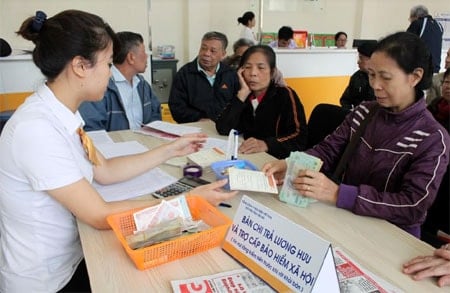

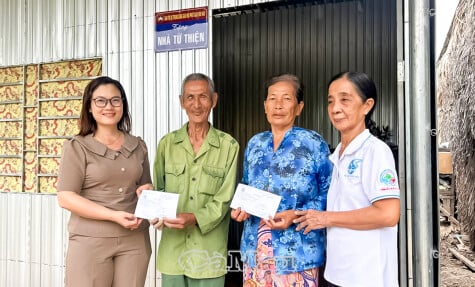












Comment (0)